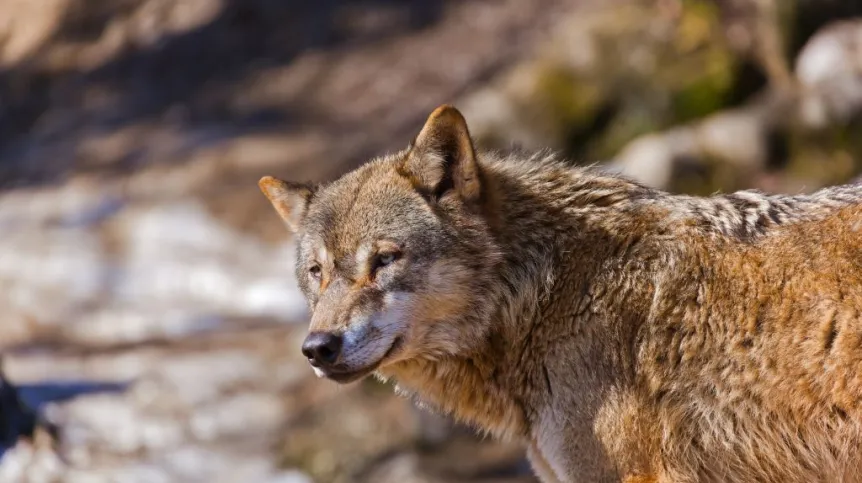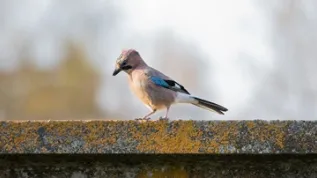
The director of an animal protection group has hit out at German demands to kill wolves in areas where they ‘cause damage’.
Iga Głażewska, director of the Humane Society International (HSI) Poland, launched a scathing attack after Bavarian agriculture minister Michaela Kaniber said wolves should be ‘quickly eliminated’ if they harm cattle and sheep.
The German minister is reported to have made her comments following a visit to the Alpine commune of Unterwossen in the Chiemgau region where wolves are a protected species.
Głażewska said: “The decision to kill wolves is not the right step. Culling does not help in resolving conflicts, on the contrary, it can lead to their escalation.
“We know from experience that it is difficult to establish the identity of a given wolf and determine that the given individual is responsible for the conflict situation.
“Unfortunately, across the Oder such solutions are used too often in the case of large predators."
She continued: “This is not how one should manage conflict situations. There are many ways to protect animals against wolves - fencing with special fences, herding dogs and owners' supervision over the herd.
“Wolves return to their historic habitats after years, and sometimes even centuries of absence. It is a process that should please us and encourage us to treat the topic of coexistence with large predators with due seriousness and respect for nature.”
Humane Society International (HSI) is an international organization founded in 1991, dedicated to the protection of animals and the fight for their more humane treatment.
HSI works with partner organizations to develop long-term solutions to common animal problems and to promote ethics, respect and compassion for all life. It is one of the most famous organizations of this type in the world. (PAP)
kgod/ jar/ kap/
tr. RL













